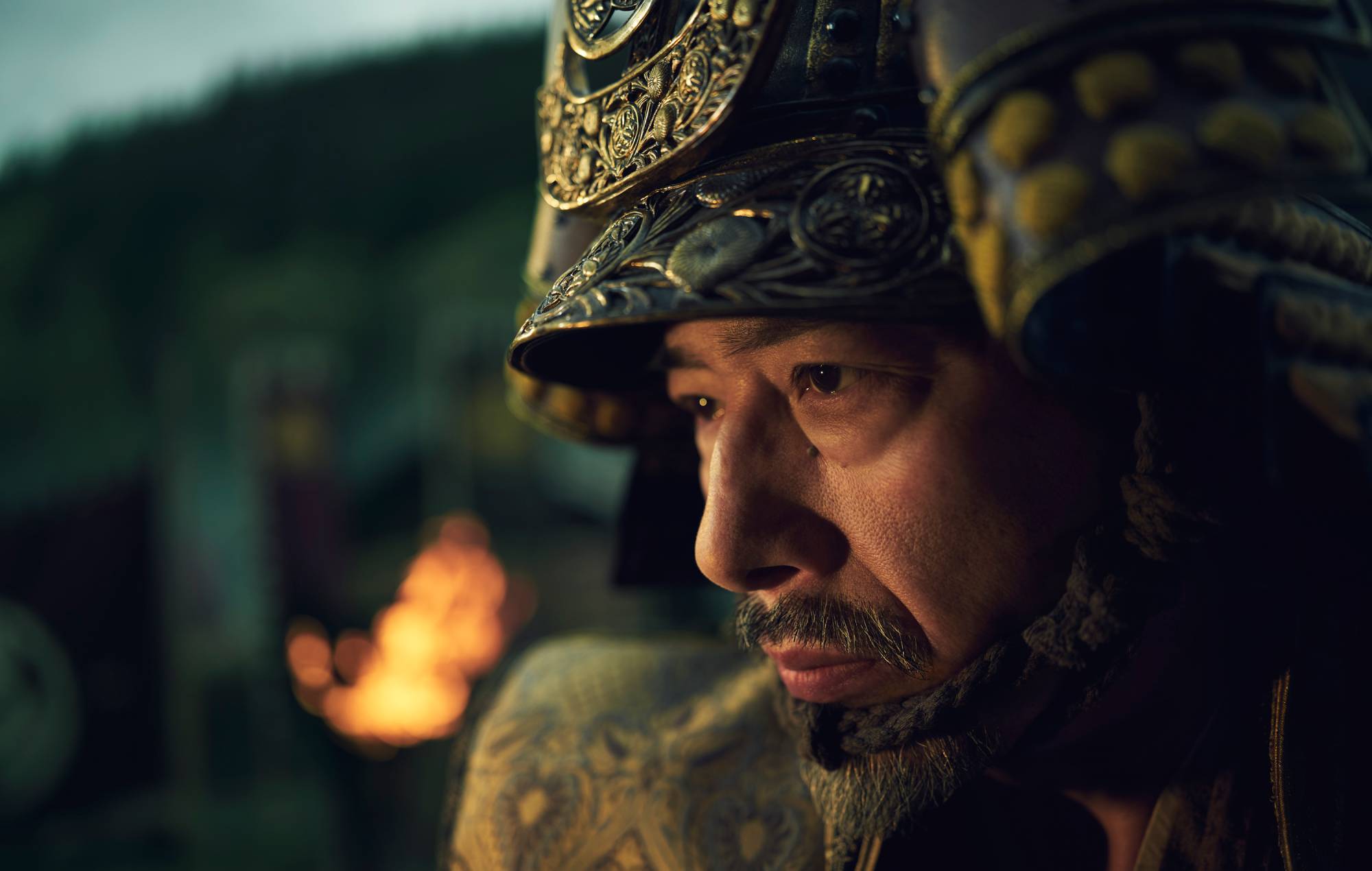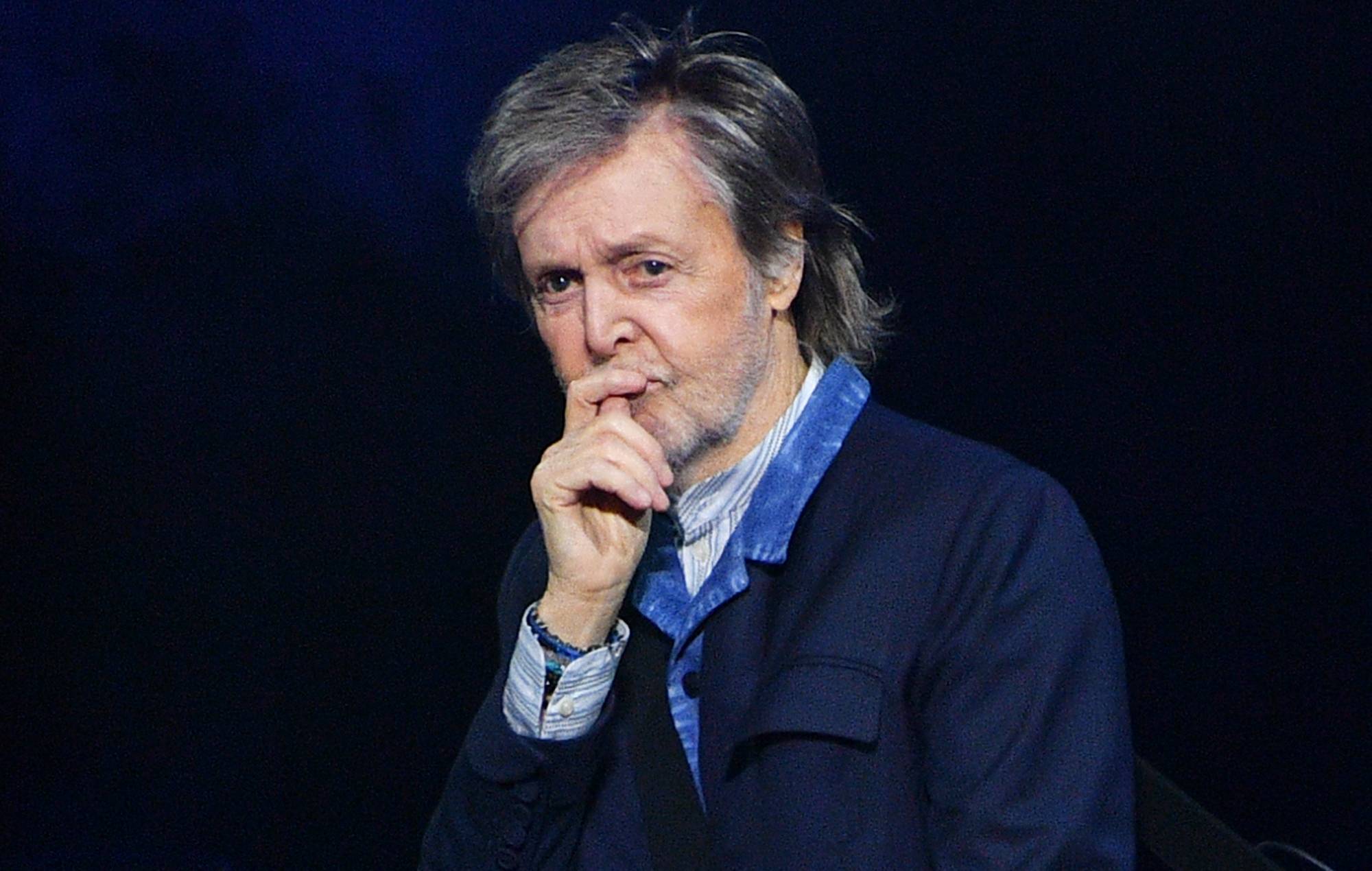
The new television adaptation of Shōgun premiered last night (February 27), and some critics are calling it the “new Game of Thrones”.
The series will run for a total of 10 episodes on Hulu and FX in the United States, while UK viewers can stream it via Disney+. The first two episodes are already available, with the remainder to be released in weekly instalments.
The historical drama is based on the 1975 novel of the same name by James Clavell, which had previously been adapted into a 1980 American miniseries. This version has been overseen by the husband-and-wife creative team of Rachel Kondo and Justin Marks, the latter of whom was a co-writer of Top Gun: Maverick.
Set in Japan in the year 1600, Lord Yoshii Toranaga (Hiroyuki Sanada) is fighting for his life as his enemies unite against him, when a mysterious European ship is found marooned in a nearby village, where the character of John Blackthorne (Cosmo Jarvis) is introduced.
[embedded content]
With dozens of reviews in, the show currently sits on an unimpeachable 100 per cent critics rating on review aggregator Rotten Tomatoes.
In a four-star review, The Guardian describe it as “peacocking, mesmerising television”, noting: “It adapts James Clavell’s classic 1975 novel with ambition and evident respect for its source material, and given that the paperback is more than 1,000 pages long, it is extraordinary that they have managed to condense it into 10 episodes.”
USA Today also rave about the show, saying: “Shōgun is the kind of series that reminds you that TV can be an event, not just something casual you click on while folding laundry. It demands your full attention. So don’t scroll, don’t cook dinner, or get some work done while the TV happens to be on. Sit down. Watch. Take it all in. It’s not every day you get a free ticket to Japan in 1600.”
“Beautiful, rich and deeply compelling,” they add, “it might just scratch that Game of Thrones itch you’ve had since the HBO fantasy folded in 2019.
Vulture say that the show “evokes The Godfather films and pop-historical melodramas like Elizabeth and Gladiator in its focus on the tactical aspects of taking and holding power”, adding that the “tensest scenes unfold among the Japanese characters, who keep things as subdued as possible, even when discussing matters of life and death, until it’s time to draw swords.”
Another glowing review from Rolling Stone compares it favorably to the 1980 TV version, noting: “This Shōgun has many hearts and many points of view, rather than fixating on the simplistic stranger in a strange land story from the Eighties. It’s terrific.”
Indiewire’s review compares the show to Game of Thrones, even stating that it succeeds in areas that the HBO show did not. In an A- review, they wrote: “Shōgun’s overt brutality paired with its cunning betrayals calls to mind Game of Thrones, but there’s also an elegance and earnestness to the production that draws a clear line in the sand between the two blockbuster epics.”
“Where the latter is mercilessly lawless — and nastier for it — Shōgun pivots on a code of honor few of its followers dare disobey, making for characters that are far easier to invest in and a narrative that’s far less vexing.”






